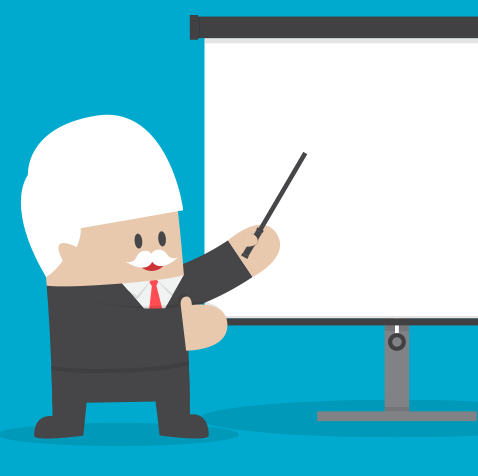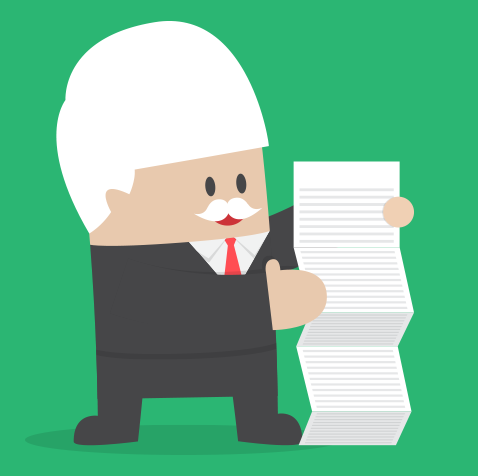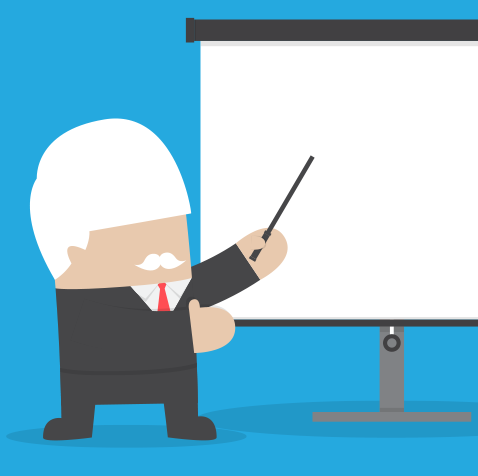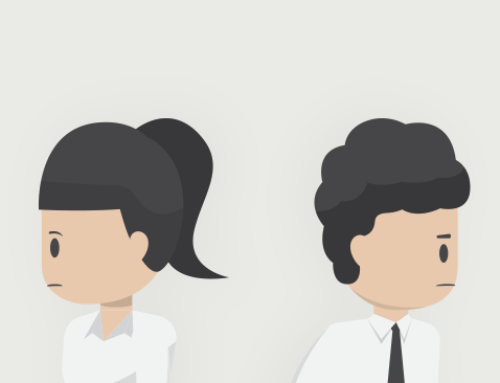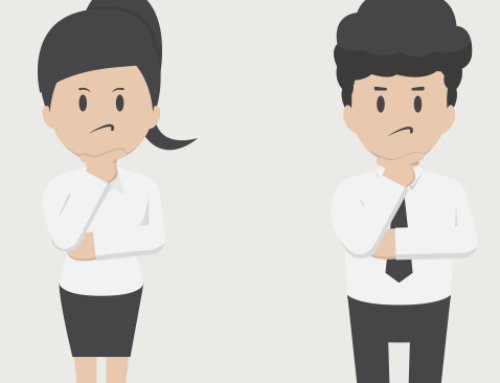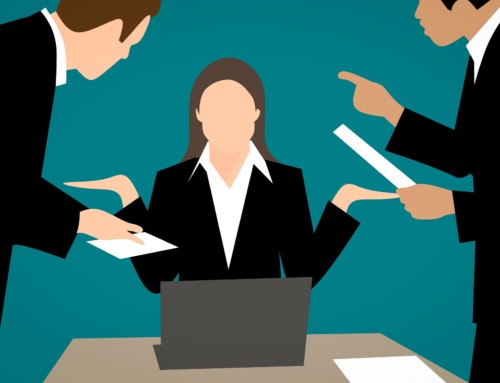What’s Legal Coaching?
Legal coaching is a relatively new concept in family law, and as yet, very little has been written about it. Legal coaching helps people acting for themselves in a family law matter develop the skills to improve their experience and outcomes. The best definition The Family Law Coach has seen so far is from Nikki Gershbain, National Director of Pro Bono Students Canada:
“Legal coaching is a type of unbundled legal service, where a lawyer-coach offers behind-the-scenes guidance on both the hard and soft skills of lawyering, in order to provide a (primarily) self-represented litigant with the strategies and tools needed to present their case as effectively as possible in the absence of counsel.”
Essentially, legal coaching is for people in family court, or who are mediating or negotiating a family law matter, who can’t afford, or don’t want to spend their resources on a lawyer to run their entire case, but want to maximize the available success. A legal coach can provide their clients, who are primarily acting for themselves, with the information, assistance, strategic advice, and practical tips needed to be persuasive in presenting their case. It’s about preparing you to present your case in the most realistically persuasive light.
What does legal coaching involve?
Legal coaching is an umbrella term for a number of different services that can be offered to a client. In any given matter, what legal coaching includes will depend on the skills of the client, the facts of the case, and where you are in the process. It may include some or all of:
- advice on organizing written and spoken presentations
- assessment of the strengths and weaknesses of both your case and the case you have to meet
- assistance in identifying and setting realistically achievable goals
- strategic guidance on
- how to highlight the strengths of your case and deal with those of the other side, and
- how to handle the weaknesses of your case and work with those of the other side
- tips for handling yourself in court
- guidance through the family court system
- legal advice and legal research
- reviewing and commenting on court documents
- assistance in revising or drafting documents for court
What does legal coaching do?
The role of a legal coach is to help you objectively assess your legal situation and develop the ability to put your best case forward. This includes looking at what you’ve already done, and what you can do better.
An effective legal coach will facilitate your understanding of your objectives, enhance the skills and tools you already have, and help you develop those you may need, so you can achieve those objectives.
Legal coaching is about helping you get the most effect from the facts and skills you have to work with.
Helping you be the best you can be.
Legal coaching helps:
- raise your awareness of the “big” picture
- identify and clarify your goals
- unlock your path to improved performance
- identify and select your best available options
- build your confidence
- enlarge your ability to tell your story with power and effect
Who’s legal coaching for?
Legal coaching is designed for people who are handling their own matter in family court without a lawyer. It’s for anyone who:
- wants to achieve the best possible outcome in their matter
- wants advice about the law and how it applies to the facts of their case
- wants to avoid conflict and litigation with their ex, if possible
- wants advice about the legal process and how to make their way through the system successfully
- is uncomfortable, gets nervous, or becomes tongue-tied, speaking in a formal setting or in court
- wants to understand how a judge will view their argument and what parts of their case will be most important and persuasive to the judge
- wants help to identify their key, realizable, objectives – and presenting them effectively to a judge
- wants to anticipate the arguments the other party might raise and know how to address them
- wants to know how a judge might see their position
- can be easily side-tracked by interruptions
- is the sort of person who thinks about what they should have said after the opportunity to say it has passed
- doesn’t want to feel that they could have done better if they had some assistance in presenting their case
If one or more of the above describes you, then legal coaching is for you.
The Bonkalo Report recommends it
The 3rd recommendation of the Bonkalo Report, (formally the Family Legal Services Review) is that the legal profession should support the development of, provide training programs for, offer, and advertise, legal coaching.
What are the benefits?
Many. And significant.
Increased self-awareness
Even though you see yourself as the key player in your family law case, there are many others you need to be aware of. One of the challenges for self-represented litigants is appreciating just how many players there are in your case, and trying to understand the process from everyone’s point of view – not just your own.
Besides yourself, there’s the other party, possibly your children, maybe a social service agency, perhaps a lawyer for the other party, friends, family, and, of course, the judge.
It’s critical for you to understand how each person fits into the overall picture. An experienced legal coach can help you become aware of the interests of each of the other parties, how they impact your potential for a positive outcome, and what you can do about it.
Without being aware of how everyone else in the matter sees you, you’ll make critical mistakes in the presentation of your case.
You might feel that a certain argument is fair or reasonable, or that certain information will be important to the judge. But that doesn’t mean it will help your case. Legal coaching can help you understand the important aspects of the case and the impact of arguments from the other side. Knowing what’s important to the other side, and to the judge, helps you become more clear about your situation, develop appropriate strategies, and be more effective in advancing your case.
Better goal-setting
The gulf between what a client wants out of the process, and what’s realistically achievable, can often be large. And people viewing their case from their own perspective may be unaware of how the judge will see the same facts.
In family court, the more realistic and practical the goals, the more they become achievable.
Good legal coaching can help you better understand the situation you’re in and the reasonable outcomes you can expect. This helps you set meaningful and realizable goals.
And better goal-setting allows for a more effective presentation because you can focus on the facts and arguments that help a judge make the decision you want. Like barnacles on a ship’s hull, the wrong arguments interfere with smooth sailing towards your objective.
Enhanced communications skills
Good family law lawyers are good communicators. They need to communicate with their clients, the other party, lawyers, witnesses, experts, and judges. Different skills are required for communicating with each of them. Persuasive communication is how lawyers earn their living.
But most self-reps in family court have different skills. They haven’t developed, or may never have needed, the skills they now need to communicate effectively in court. You may know your case and all the facts, but have trouble organizing your arguments, or telling your story, in a logical or persuasive way. Or you may be embarrassed to speak in public or get so tongue-tied that you forget to say what’s most important.
Coaching helps improve communication skills.
Coaching from an experienced lawyer can help you communicate more powerfully and more persuasively. Legal coaching helps remove your roadblocks and enhance your family court communication skills so you’ll be better able to tell your story.
Increased confidence
Self-confidence in family court comes from knowing that you’re able to present persuasive arguments to the judge. You’ll naturally become more confident once you better understand your goals and have your material and arguments organized. Once you can see what strategies will improve your outcome and know what you plan to say to the judge, you’ll feel better equipped to make your case with clarity and confidence.
Confidence makes your story easier to present.
Rosabeth Moss Kantor, a professor of business at the Harvard Business School, summarized this by saying: “Confidence isn’t optimism or pessimism, and it’s not a character attribute. It’s the expectation of a positive outcome.” A good legal coach can help you visualize that path towards a “positive outcome.”
Lower stress levels
Lastly, but far from least, a good coach can help reduce your stress level. Your stress and fear about the outcome is reduced when you have a realistic sense of achievable results, goals that you know are practical, awareness of how you fit into the big picture the judge is dealing with, and knowledge that you’ve presented your case as best as you can.
Everyone, even experienced lawyers, has stress about the outcome of their case. Some stress is normal. But knowing that you’ve done your best helps reduce that stress and make the process easier to get through.
What legal coaching isn’t.
It’s not therapy
Therapy focuses on the past and present. It deals with removing or resolving past difficulties that interfere with emotional functioning in the present. It helps people deal with the present in a more functional and healthy way.
Legal coaching, however, focusses only on the future and achieving a specific outcome. It can help create positive feelings and healthy emotions, but its primary focus is on helping you develop actionable strategies for achieving specific goals.
Don’t think of your coach as a therapist. You’ll run up costs taking time to vent about things the coach can’t change, and waste money. If you want a therapist, hire one, not a legal coach.
It’s not consulting
Legal consultants are lawyers with specific expertise paid to come up with solutions for specific problems. Typically, they’re hired to diagnose a problem and suggest answers. Their job is finished once the final recommendation is presented. The consultant usually leaves the implementation to the person paying for the consultation.
Legal coaching uses the lawyer’s experience and knowledge to help diagnose a problem and offer legal advice and practical assistance for a solution. But the value to good legal coaching is that it helps you develop strategies and tools to accomplish your specific goals as best you can. And, depending upon how you use your coach, she or he is there to provide support and assistance throughout the process.
It’s not training
Training usually involves a set program to improve long-term performance. The trainer or instructor typically uses a process from a pre-designed curriculum. It’s designed to build and maintain certain skills so that performance can be enhanced or maintained over time. It can focus on behaviours that are executed poorly or incorrectly and will involve education to teach how to achieve lasting improvements.
Legal coaching, however, is much more single-minded. While there’s some educating about how to think and act, it’s intended to enhance performance for a particular, short-term, objective. The support is based on your specific needs, and enhancing your own skills, to improve your potential outcome in court. It’s not teaching an athlete to pitch or hit better – it’s to help a non-athlete play a bit of baseball for the office summer picnic.
Who can be a coach?
The Family Law Coach believes that only an experienced family law lawyer with considerable experience should be doing legal coaching. Only a lawyer with sufficient familiarity with settling matters with other lawyers and with handling files in court really understands the way the system works and what judges are looking for from litigants in court.
We recommend that clients looking for legal coaching to help them represent themselves as best as possible check out the qualifications and experience of the lawyer you use for coaching, and that you match that to the cost, to be sure to get the best assistance you can.
It’s like being a cook. Being able to recite a recipe doesn’t make you a 5-star chef.
As a general rule, you’ll probably want to make sure your legal coach has at least 3 – 5 years of traditional practice experience, including attendances at motions, conferences, and trials. Ask about their experience in negotiating and drafting agreements and settlements, to be sure they understand the real world that you’re experiencing.
How does The Family Law Coach provide legal coaching?
The Family Law Coach offers only unbundled services for family law self-reps. You pay only for the service you want and the time you choose; and you remain in charge of your case. Our legal coaching is offered in units of one-hour time packages. No open-ended representation with an unknown cost at the end. No lawyer dictating how much time will be spent.
You control the time and cost.
The Family Law Coach recognizes that self-reps may have limited resources, and need to get the best value for their money. That’s why our model puts you, not the lawyer, in control of the time spent and the cost to you.
We respect family court self-reps and leave it to you to decide how much help you want and can afford. (We also stand by our service and offer a 30 day, no hassle, money back guarantee.)
Our Legal Coaching packages are offered exclusively through telephone and email. You choose how to connect with the lawyer, from where, and when. You don’t need to take time off work, get child care, or make travel arrangements to come to our office.
With our approach to service, you get your legal coaching at the place and time of your convenience. You keep control of your costs. And you can choose to buy additional one-hour units to get ongoing support from your coach for as long as you find it of value to you.
ADDITIONAL RESOURCES
There were several resources used to build this post on legal coaching. Check out these resources for additional information about coaching in general.
The International Coach Federation
The Stellar Leadership company
“The Grow Model is Dead” by Richard Winfield
Coaching ModelFUEL and GROW, by Srinath Ramakrishnan
The Harvard Business Review, What Coaches Can Do for You, January 2009.
The Value Proposition For Executive Coaching, by William B. Reeves
Family Legal Services Review, December 31, 2016.


